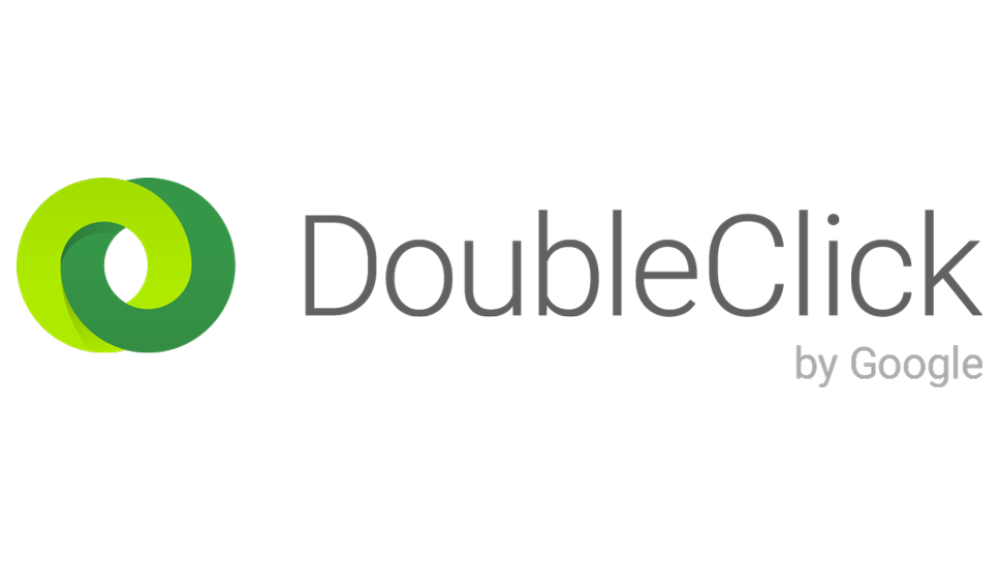Why DS Rules Rule!
02 Aug 2016

In this blog you will discover what DS rules are and how you can use them to gain better insight and control of your accounts. I will look at what they are, how you can use them and finally - and maybe most importantly - how you can start setting these up for yourself.
What are DS rules?
DS automated rules is a feature in DoubleClick Search that allows you to make things happen in your account based on events or changes that occur. They can be set up in relation to campaigns, ad groups, keywords, ads and product targets, and can be scheduled to run at specific times. The main focus of these rules is to help you manage your accounts and automate processes which you repeat regularly.
So why use DS rules rather than AdWords? You are probably using DoubleClick to manage multiple accounts. Using DS rules means that they can apply across all of your engines rather than setting them up separately, which is just another reason they are definitely going to save you time.
There are three main ways that DS rules can be used: to notify, to make changes, or to aid reporting.
Rules to Notify

One of the standard ways to use automated rules is to set them up so that you receive alerts for things that are happening in your account. We all check our accounts for certain things each day, but this awesome feature will take over those you do most regularly and let you know if something unusual is occurring.
The best way to go about setting these up is to monitor for a week or so what actions you are performing every day. Are you continually checking that you are getting the same levels of traffic? Or that your CPCs aren’t drastically increasing? Using DS rules you can set up email alerts that will tell you if these areas are showing a cause for concern.
Rules to Change

Now that you have an extra pair of eyes on your account, wouldn’t it also be great to have an extra pair of hands? DS rules can take care of that for you too! If you know that a particular event in your account would cause you to make a certain change you can set up an automated rule to take this action. For example, say you know that you want to keep your CPCs below £0.40, you could set up a keyword level rule to decrease bids by 20% if your CPC hits £0.50.
And that’s just the start of it. Say you were launching a new product on a Saturday and wanted to make sure that your budget didn’t run out over the weekend. You could set up a rule to check the campaigns three times a day on both Saturday and Sunday and if the ROI was over 7 to increase the budget by 10%. This way you will only be adding qualified spend but you won’t miss out on a load of valuable traffic if you see a weekend surge.
You can also start thinking about optimising to trends. If you set up a formula column to indicate the conversion rate trend, you may want to create a rule that increases bids by 20% if the trend is ‘increasing’, but by 40% if it is ‘strongly increasing’, and decrease bids if the trend is ‘decreasing’ or ‘strongly decreasing’.
It can also watch your back when it comes to bid strategies. Set up a rule to make sure that any new campaigns that are set up are automatically included in your bid strategies to prevent them getting missed out by mistake.
Again, have a think about what mental rules you have set up to dictate changes you make in the account on a regular basis and use these as inspiration for some new automated rules.
Rules to Report

A final way that automated rules can be really nifty is to help you with your reporting. This can be linked to rules that make changes. For example, if you want to report on your top performing generic keywords each week you can create a rule to label all keywords in those campaigns that are performing well in relation to a key KPI - such as the ten keywords with the highest conversion rate. You can then use this label to filter charts and graphs in your executive reports to show insights on what these keywords are and how they are performing. This means you don’t have to manually identify which keywords performed the best each week and instead your reports will automatically update.
How To Set Them Up
Now that your imagination is running wild with all the different ways automated rules could improve your life I bet you are itching to know how to set them up. Well, you’ll be glad to know it’s easy! Just follow these 5 steps. I will use the example of lowering bids if the CPC reaches £0.50
Step 1
Select the items you want the rules to impact. This includes:
- The date range in the top right hand corner

- Your campaigns, ad groups, keywords, ads or product groups that you want the rule applied to

Step 2
Click to create your rule
Step 3
Name your rules and set up your conditions
Step 4
Set up your action or alert as well as when you would like to be notified from the options:
- Every time a change is attempted*
- Only if changes occur
- Only if there are problems
*a word of warning, if you have set up a rule to run everyday this option will very quickly fill your inbox
Action Options:

You will have different options for what you can do depending on whether you are setting up your rule at Campaign, Ad Group or Keyword level. Then enter what action you want to occur.

Step 5
Schedule your rule. If you only want your rule to run once select “at a later time” and if you want it to run on a regular basis select “recurring”. Recurring gives you the options of daily, weekly or monthly in which you can select the time, day of the week or day of the month respectively.

And then save your rule!
It is worth noting that once a rule is created it cannot be edited. If you wish to make changes to a rule you will have to delete the old rule and create a new one, so it’s worth focusing when you do this!
So, now you know how you can use rules to improve your efficiency in monitoring and optimising your accounts you’ll have more time to dive in to the really cool stuff.
 Make sure to check out our other DoubleClick Search blogs to find out how to use other nifty features such as Bulk Sheets and Web Queries.
Make sure to check out our other DoubleClick Search blogs to find out how to use other nifty features such as Bulk Sheets and Web Queries.
To read this blog written by Caroline Taylor on the Periscopix website, please click here.

Please login to comment.
Comments